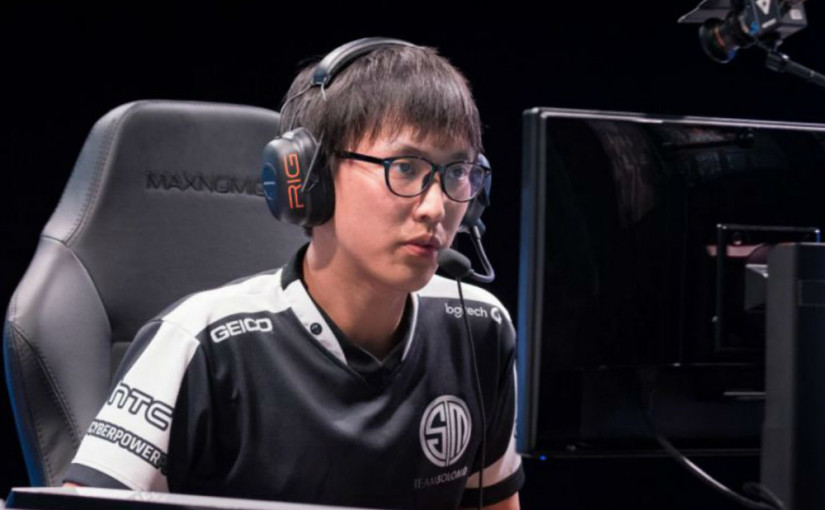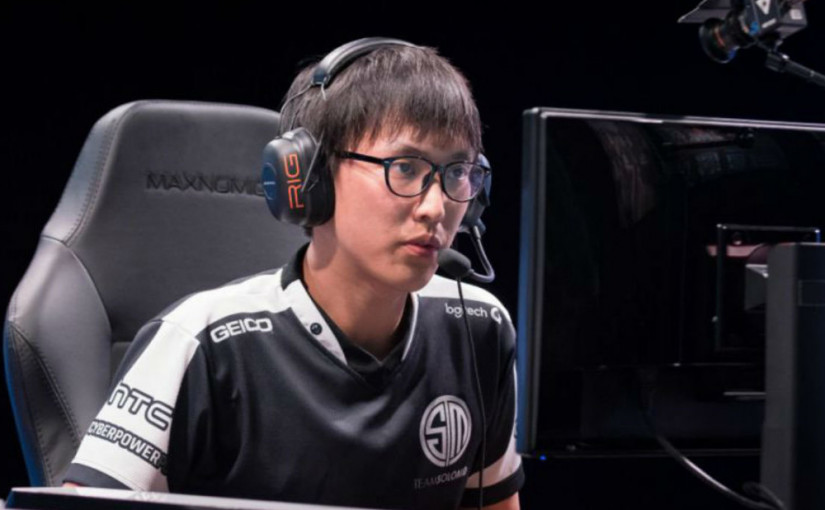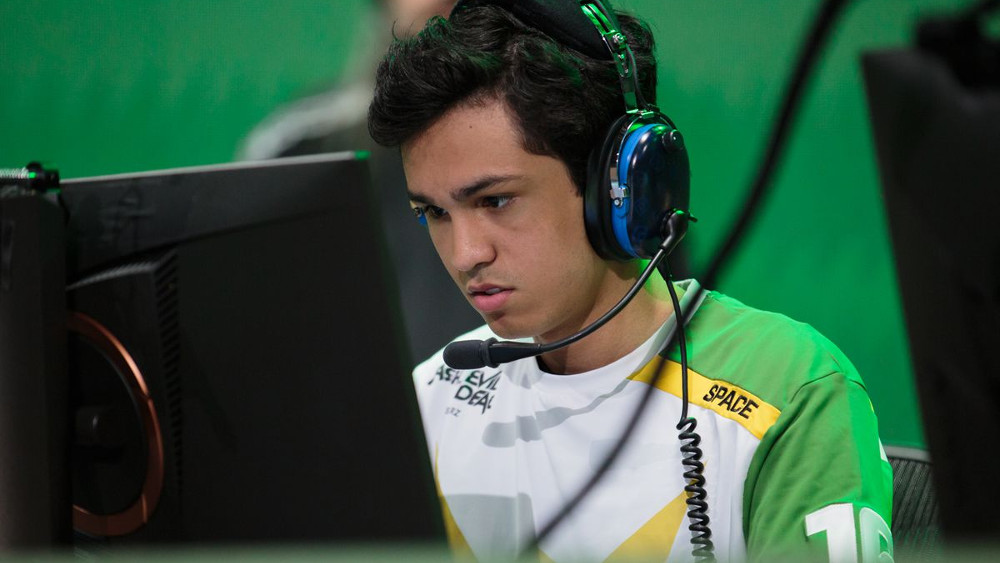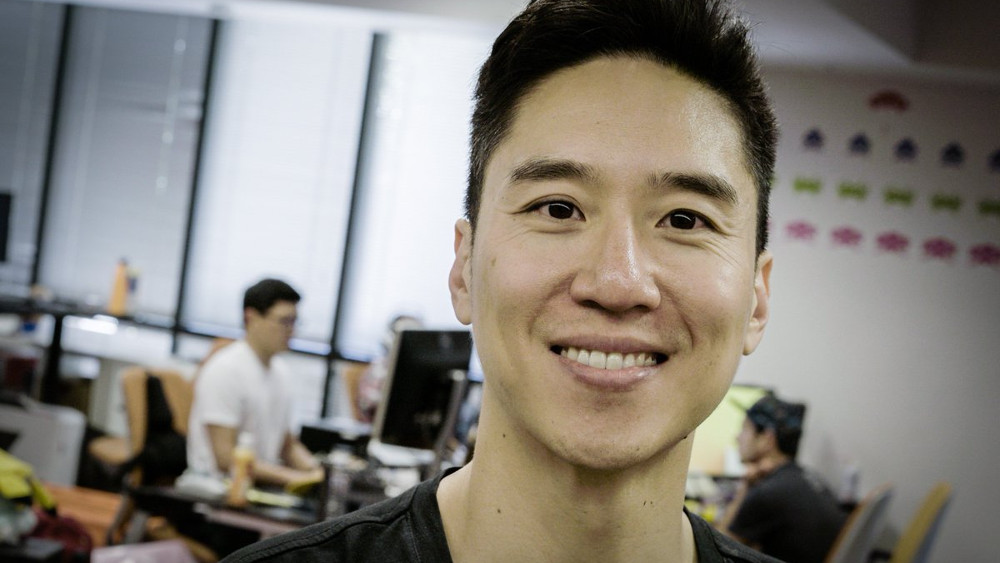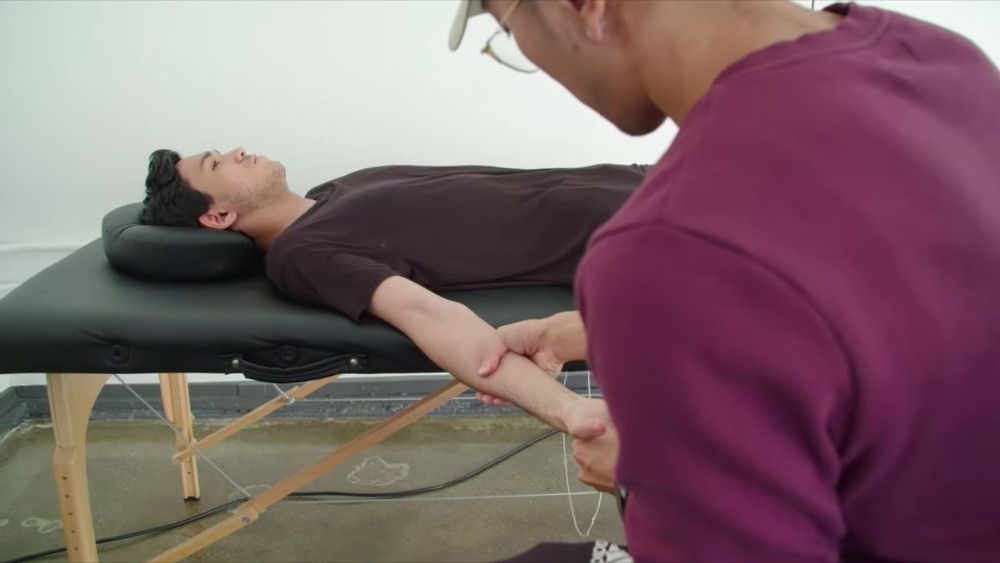Competitive video gaming has been experiencing an explosive growth, from just a competition in a game center to a multimillion-dollar industry. The players, who now already deserve to be titled as an athlete, have reputation and popularity like celebrity. Esports has brought changes for video games, from a mere entertainment into a promising livelihood.
That’s how the surface of esports world looks like. What we don’t aware of is that behind all the promising stuff, there’s a price to pay. When you enter the world of professional athletes, you have to devote all of your energy, even sometimes have to sacrifice many other aspects of life.
A news station, CBS, recently released a brief documentary telling a story of esports athletes’ endeavor titled Esports: The Price of the Grind. They interviewed people from various esports elements, including Doublelift (Yiliang Peng), a League of Legends’ athlete from Team Liquid; SPACE (Indy Halpern), a player from Overwatch Lost Angeles Valiant; and Thresh (Dennis Fong), as the first professional gamer recorded in the Guinness World Record.
The Risks of Being an Esports Athlete
These esports actors agreed that a career in the esports world came with risks. There are various things that might be the reason why this profession is rough and burdensome, even able to destroy a person’s career at any time. Those include the following:
Health problems
If you play MMORPG, you surely know with the term of “grinding”. It is a method of doing an activity on repeat in a long period of time to level up our character. Many esports athletes believe that to be a better player, they have to do the grinding method in real life. A professional gamer can spend their time up to 12 hours a day only to play, practice, and improve their skill.
Such life pattern will injure players sooner or later, especially their hands. SPACE, for example, said, “If I play too long, I’ll feel hurt (around my wrist) when the night comes.” So as another body parts like spine or shoulder. Professional gamers are prone to muscle injury, carpal tunnel syndrome, and other medical conditions. And SPACE is just 18 years old.
Stress and burnout
Playing games is fun, but when it comes to a professional world, it’ll no longer become an entertainment but a profession. There’ll be demands that should be met, and a player needs to spend more time in one game to proficiency. It may cause boredom and burnout that will cause loss motivation of playing.
“When I was in junior and senior high school, I played without pressure because I didn’t play to compete. But when I entered esports, the pressure was way too different as I played and competed with professionals,” said SPACE. This stress issue becomes a big problem, especially when approaching a big match. Esports athletes have many fans, and the desire to not disappoint them is an additional burden that might make the athletes thinking and be anxious about it all night, especially if they’re playing for a team representing a city or country.
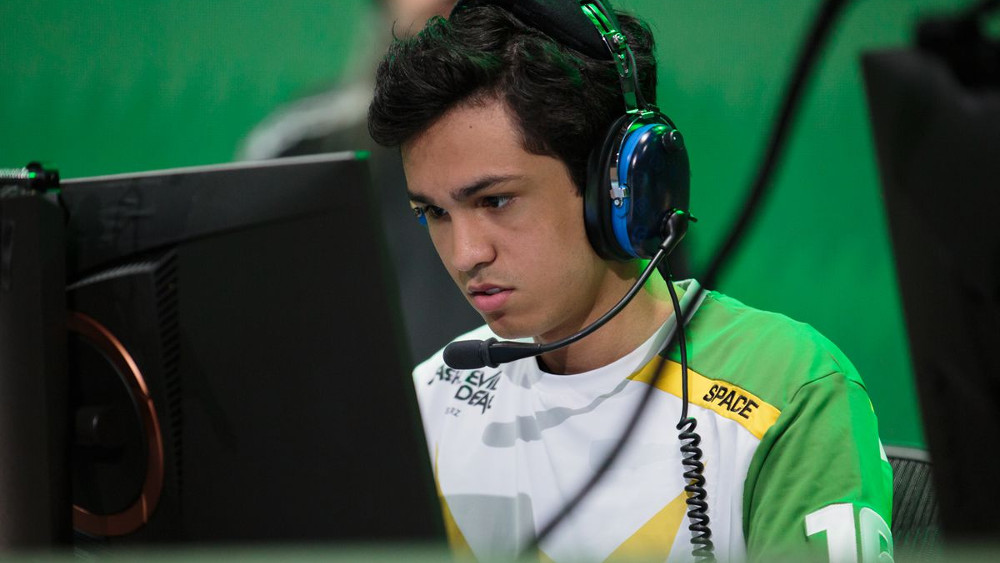
Society’s negative stigma
Esports is indeed popular today to the point that it’s mainstream. In the United States, there are already so many schools which provide an esports education program, so as in Indonesia for some. However, the newcomers are often not treated well, they’re considered to be a waste of time or only a group of nerds unable to socialize.
When in fact, a life of a professional gamer requires them to be able to work well in a team, sometimes even being a leader among their teammates. Esports education program doesn’t only teach the students on how to play, but also how to communicate and formulate a strategy.
Romance can come later
Esports team is usually living under the same roof, either it’s a dormitory or temporary boot camp. Moreover, they also spend most of their time inside the room. It’s difficult for the athletes with such lifestyle to make an acquaintance with other people and having a relationship, and those who are already in a relationship might face the burden when one of them entered the esports world.
“When you live with the other 6-7 guys, and all of them are practicing seriously, it’s against all odds that you’d leave on the weekend to date. I guess there’s some kind of social pressure, even if no one says anything or there isn’t any written rules,” said Thresh.
A game might be dead at any time
Esports senior journalist Richard Lewis stated that esports was different with common sports. “(The greatest power) is held in developer’s hand. They’re the one who creates games, and the games are their intellectual property. There is no player association, no union… No one is looking after you,” he said.
Football players don’t have to be afraid whether next year the sport would extinct, so as other sports. They have institutions like NFL, FIFA, or NBA, while esports doesn’t have such thing. Imagine if Valve suddenly decided to close Dota 2 server, what would happen to the athletes? Let alone closing the server, the players would already lose their livelihood by just suspending Dota Pro Circuit. It makes sense why esports athlete career is short.
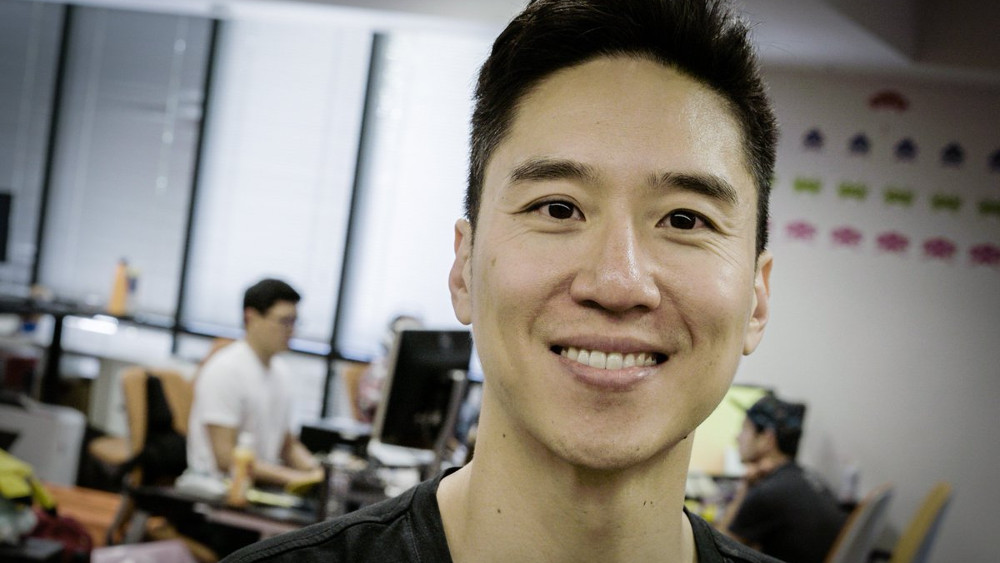
Supports needed by esports athletes
Esports athletes have sacrificed many things, but it comes with a decent income and fame. “I always said that yes, sometimes it (esports) sucks, given all the existing problems. But in the end, all we’ve sacrificed are worth it, and for many people, my life is such a dream come true,” said Doublelift.
That being said, we still have to face all the emerging problems. There are several things that can be done by other people around the athletes to support their fight, which will have a positive impact in the overall esports ecosystem as well.
Parents’ support
Esports is a career, profession, dream, just like any other common dreams, and a kid will never achieve it if there’s no bless from their parents. There have been many esports legends proving that parents’ support is important. Sumail from Evil Geniuses team, for example, has a full support from his parents who were even willing to bring all of the family from Pakistan to America to witness and support their child playing and competing in Dota. The same goes for other athletes, JessNoLimit who always says that he would like to make his parents proud, for example.
One of the parents is Kara Dang Vu, a mother of a young man named Conner Dang Vu who is now trying his best to be a professional player of Overwatch. She realizes that the era has changed and parents have to understand and accept those changes. “Maybe it’s time for us, as a different and older generation, to see the world from their eyes,” she said.

Doctor and psychologist in a team
Athletes’ health is so important, that’s why an esports team better has a doctor or medical crew in charge of monitoring their members’ condition, both physically and mentally.
Esports team like Los Angeles Valiant has a personal psychologist to help athletes overcome stress. The methods can vary, there’s even a physical activity for some. Sports have long been believed to be able to relieve negative emotion, as the body will produce an antidepressant hormone during the activity. By doing such treatment, it’s expected that the athletes could practice more comfortably and don’t have to experience a burnout.
Education or scholarship
Now we’re in an “esports first generation”, this ecosystem showed up with a promise of large amounts of money, and has continued to evolve to be a sustainable industry. We need regeneration in order for esports to be sustainable like other conventional sports, not only regeneration of the athletes but also the other roles. Esports is a profession, and you can’t get a profession without skills.
That’s why the emergence of esports education in senior high school and college is a great step. We’re still trying our best to stand now, but in the next generation of esports, they’ll run the industry with knowledge and experience accumulated from the previous generations. I’m also sure that esports will continue to exist for a long time, but no one can guess what it’d be like later in the future.
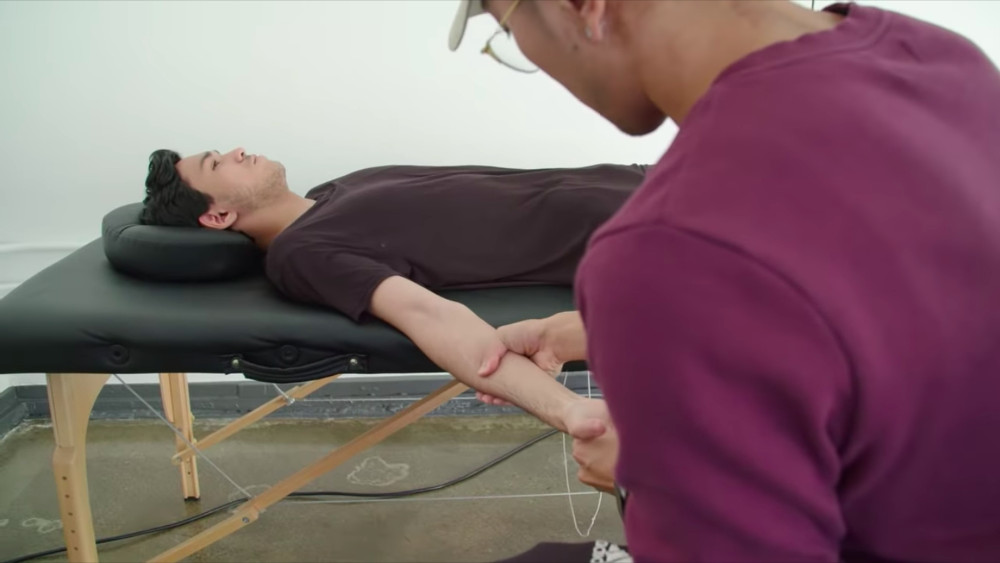
P.S. A lesson from Daigo Umehara
There’s one thing that makes me thinking after watching Esports: The Price of the Grind. If we narrow it down, the main problem of esports now is most likely sustainability which all parties are trying to achieve. Starting from the tournament organizer who would like to see a more sustainable competition, the players who would like to be able to play in a long time, and the developers who would like their games continue to be alive and played by many people.
However, to achieve that sustainable level, “grinding” is not the right answer. Because when we force ourselves to do something continuously, the added value of the activity would be in a diminishing result. We can learn a bit about sustainability from one of the most veteran esports athletes in the world, Daigo Umehara.
In his book, The Will to Keep Winning, Daigo said that too much practicing and playing might cause self-inflicted pain and that’s not good. Esports athletes shouldn’t push their way to the top for a moment of glory, as it’ll make them falling to the wayside, both physically and mentally.
Daigo himself has a training routine for about three to six hours a day, as he puts more value on training with quality other than quantity. It’s better to spend a little time and learn new things rather than spending a dozen hours without any improvement.
Esports actors may learn things from this principle, that the key to build a sustainable ecosystem is by creating a sustainable routine. It isn’t only applied to the athletes, but also to the tournament organizer, as they have to arrange a sustainable competition schedule that gives space for esports team to rest and explore new things. Meanwhile, game developers need to be able to balance the pace of content update speed with meta stability lest the players are at a loss with the too fast-changing meta caused by the developers that might be too eager to release new content for the sake of monetizing.
The issue of sustainability in the esports world can be another long discussion by itself, and I guess esports actors had been thinking about it as well. Hopefully, this article and a documenter by CBS can be a reminder, or a trigger for new ideas that will promote esports ecosystem, in Indonesia particularly.
Source: CBS
–
Original article is in Indonesian, translated by Kristin Siagian
